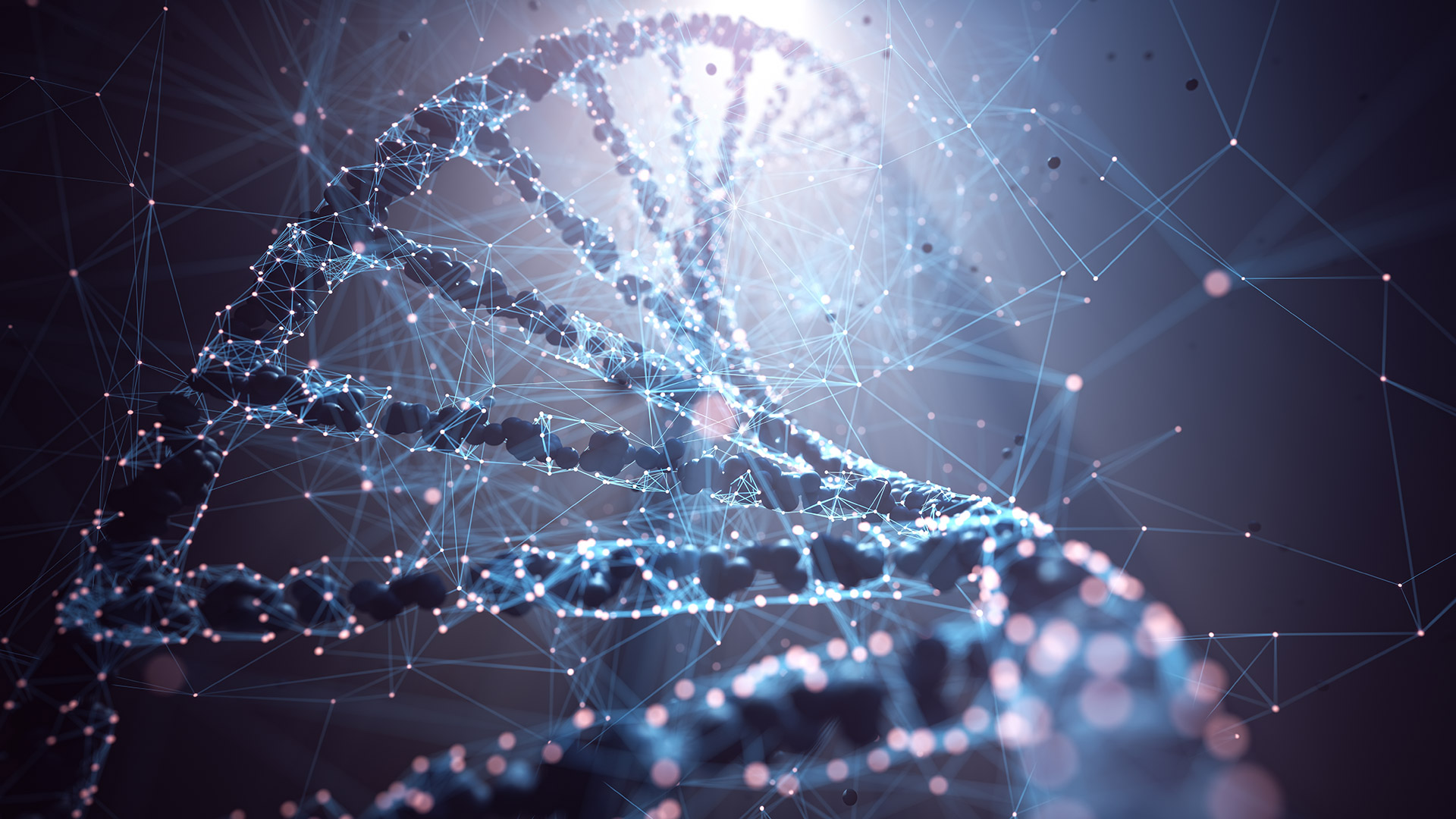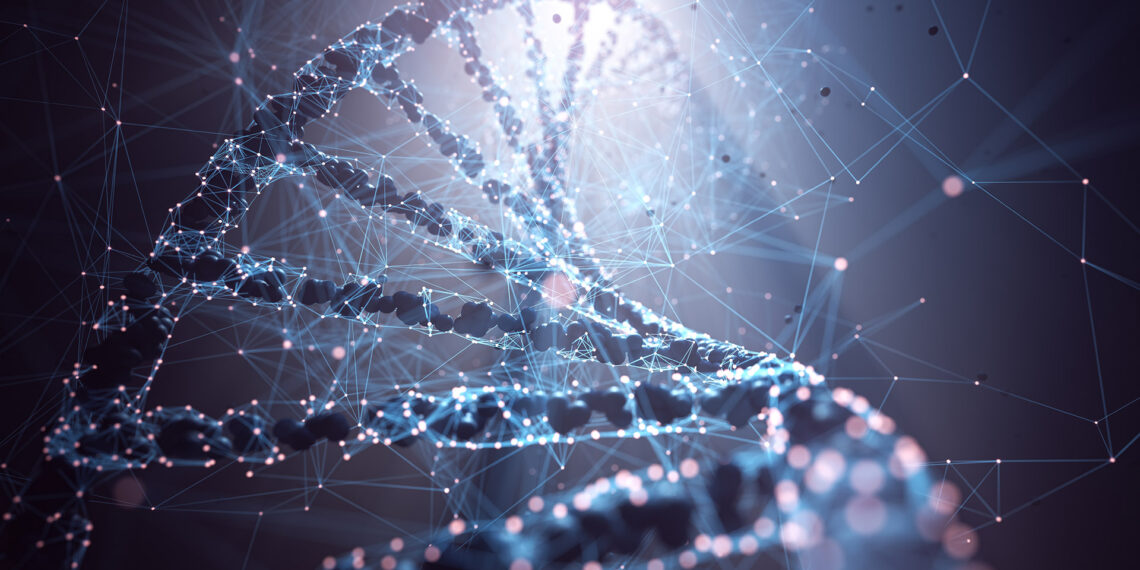[ad_1]

A New York court recently ruled to suspend familial DNA searching by law enforcement — a technique allowed by state executive powers — because it was never approved by the state legislature.
Familial DNA searching refers to searching for biological relatives of individuals whose genetic material was found at a crime scene and stored in a DNA databank.
The search technique has allowed law enforcement agencies to crack cold cases and track down murderers, but a panel of judges in a midlevel court have struck it down, arguing on the basis of privacy and racial discrimination concerns, and that regulations were never authorized by state lawmakers.
Three out of five judges voted to suspend the practice after a lawsuit was filed by a group of Black men who were worried that they could be targeted by law enforcement if their biological relatives convicted of crimes had genetic information stored in a DNA database.
In her majority opinion, Judge Judith J. Gische said the decision was based on concerns about government separation of powers after regulations on using the state’s DNA databank were issued in 2017 by New York’s Division of Criminal Justice Services, part of the state’s executive branch, and the independent Commission on Forensic Science.
Gische noted that familial DNA searching was a useful law enforcement tool that previously led to California and Kansas police identifying serial killers.
“We find that the overwhelming policy issues inherent in authorizing the use and limitations upon familial match searches of DNA information collected in the New York State databank warrant a conclusion that it is an inherently legislative function and that the challenged regulation cannot stand,” Gische wrote.
The ruling will only restrict law enforcement’s use of the state’s DNA databank, which contains samples of people convicted of crimes in the state. It will not restrict law enforcement agencies from using databanks maintained by private companies like 23andMe or Ancestry, which are used for genetic genealogy research.
While the State Legislature authorized the creation of the state’s DNA databank in 1994, it only allowed for the collection and searching of samples from people convicted of crimes, not relatives of those individuals.
According to New York’s Division of Criminal Justice Services, the state has approved just 30 applications from law enforcement to conduct familial DNA searches, which has led to matches in 10 cases, with two resulting in arrests.
Spokesman for the DCJS Janine Kava said the agency was reviewing the decision and may bring the case to the Court of Appeals.
Supervising attorney for the Legal Aid Society’s DNA Unit Jenny S. Cheung argued that the executive agencies of the DCJS and the forensic science commission, which voted to allow familial DNA searching in murder and rape cases without first obtaining state authorization, “acted well outside their purview and authority by unilaterally promulgating this far-reaching policy, one that should have been left to the legislature to debate.”
[ad_2]




